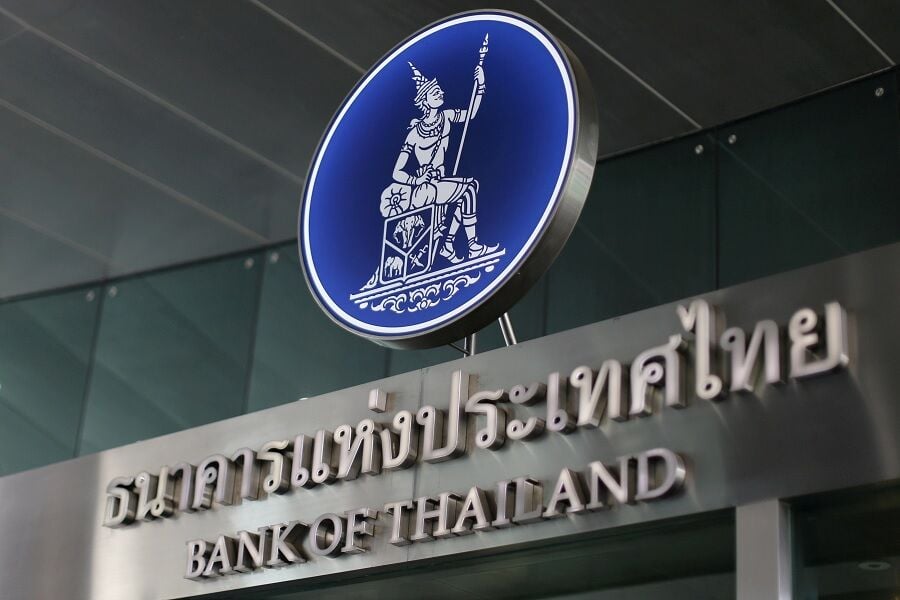Thai government seeks interest rate cut as household debt fuels recession

Thailand’s economy is currently grappling with a recession triggered by soaring household debt, as reported by the Deputy Finance Minister, Julapun Amornvivat, today. This intensified the call for the central bank to reduce interest rates.
Julapun also expressed the government’s commitment to the 500 billion baht distribution plan, which aims to allocate 10,000 baht per person to 50 million Thai citizens. The government hopes to minimise any delay in this plan’s implementation.
He further emphasised the need for a reduction in the country’s policy interest rate, currently at a 10-year high of 2.50%, during the central bank’s next policy review on February 7. This is seen as a crucial step to alleviate the burden of high borrowing costs. The rate should be lowered as high rates now are people’s burden. People can’t survive, he stated.
Prime Minister Srettha Thavisin has echoed these sentiments, urging the central bank to reduce the crucial rate to assist an economy he describes as being in crisis.
However, Bank of Thailand Governor Sethaput Suthiwartnarueput, who has faced criticism from the premier for not reducing rates despite a negative inflation trend, defended the current policy rate as broadly neutral. He also acknowledged that growth had been slower than anticipated but denied the economy was in crisis.
The central bank maintained its policy rate at 2.50% during its last rate meeting in November, after increasing it by 200 basis points since August 2022 to control inflation.
Last week, the government significantly reduced its 2024 growth projections for Southeast Asia’s second-largest economy from 3.2% to 2.8% due to weakened exports and a decrease in foreign tourist numbers. The 2023 growth estimate was also brought down from 2.7% to 1.8%, falling below 2022’s 2.6% growth. The official 2023 gross domestic product (GDP) is set to be announced by the planning agency on February 19, Julapun said.
“If you ask, now it’s at a dangerous level. It’s a kind of economic recession.”
Julapun attributed the situation to the high debt burden shouldered by households and the private sector.
“It’s difficult to drive the economy forward. That’s why we’ve seen economic growth that has always been sluggish.”
Julapun also revealed the government’s plan to issue bonds in dollars, yuan, and yen overseas in the upcoming one or two years to establish benchmarks for businesses to raise funds. He confirmed the sale of government savings bonds worth approximately 100 billion baht in the 2024 fiscal year, with the first batch of 40 billion baht expected in March, reported Bangkok Post.
Latest Thailand News
Follow The Thaiger on Google News:


























